We’ve all experienced it. You find a €20 (S$29) flight across Europe and think you’ve scored a bargain, only to realise your carry-on bag will cost another €35 (S$50) just to come along. Suddenly, your “budget” ticket doesn’t feel so budget.
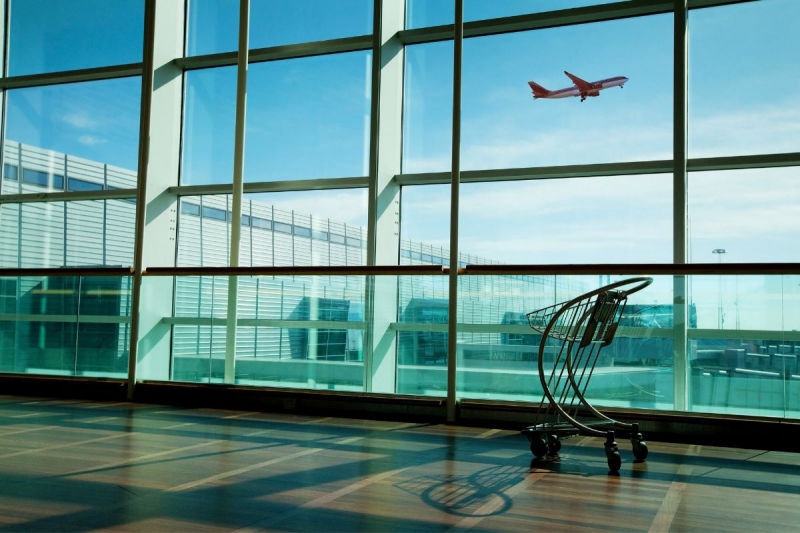
Image Credit: anyaberkut via Canva Pro
But that could soon change. The European Parliament has voted in favour of new rules that would make carry-on baggage free on all flights within the European Union. Under this proposal, travellers will be allowed one personal item (like a handbag or backpack) and one piece of hand luggage weighing up to 7kg, with no extra charges.
This vote is part of a wider effort to make air travel in Europe more transparent, accessible, and fair. While the changes still need to pass a final vote and be approved by EU member states, it marks a meaningful shift for travellers who are tired of hidden fees and confusing airline policies.
Also read: What Can You Actually Bring on Board in Your Carry-On Baggage?
What’s in the New EU Carry-On Rule
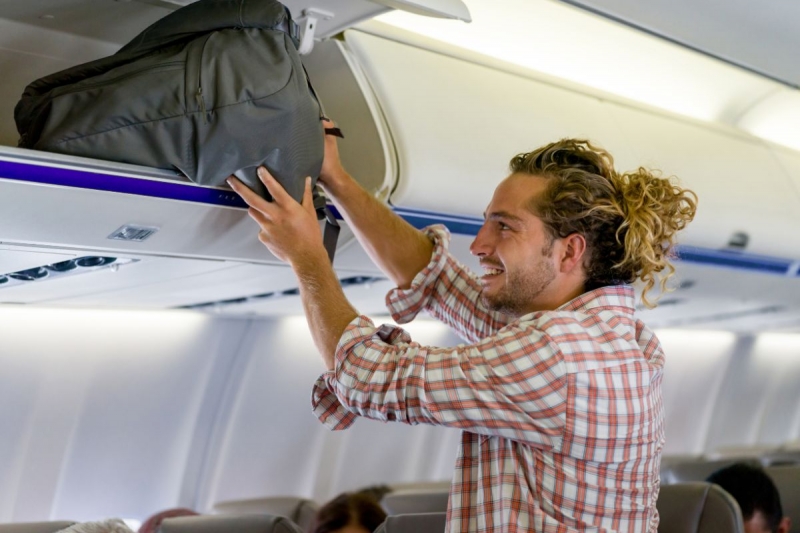
Image Credit: Hispanolistic via Canva Pro
Under the proposed regulation, all passengers flying within the European Union will be entitled to bring both a personal item and a piece of hand luggage on board without paying extra. The rules specify the following:
-
One personal item (maximum 40 x 30 x 15 centimetres)
-
One hand-carry bag (up to 7 kilograms and no more than 100 centimetres in combined dimensions)
As long as your bags stay within these size and weight limits, airlines will no longer be allowed to charge additional fees on intra-EU flights.
This builds on a European Court of Justice ruling from more than ten years ago, which recognised carry-on baggage as part of the basic service provided by airlines. At the time, the court clarified that such items could not be subject to extra charges if they met reasonable standards. What makes this new vote significant is that the European Parliament is now working to formally enforce those rights, turning a long-standing principle into a concrete rule.
Why some airlines are pushing back
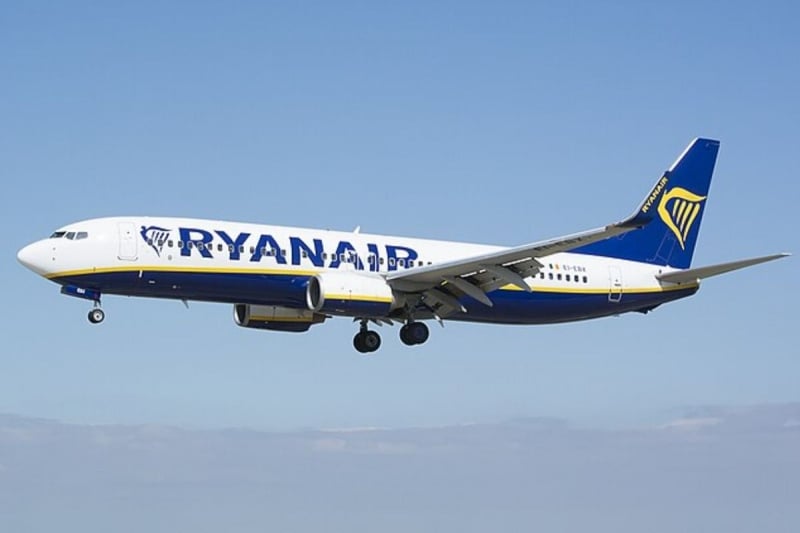
Image Credit: Michael Oldfield via Wikimedia Commons
Low-cost carriers, including Ryanair and Wizz Air, are expected to be most affected. In 2024, Ryanair made over €4.7 billion (S$6.7 billion) from extras like seat selection and baggage fees. Industry representatives argue that this ruling could lead to higher ticket prices as airlines look to make up for lost revenue.
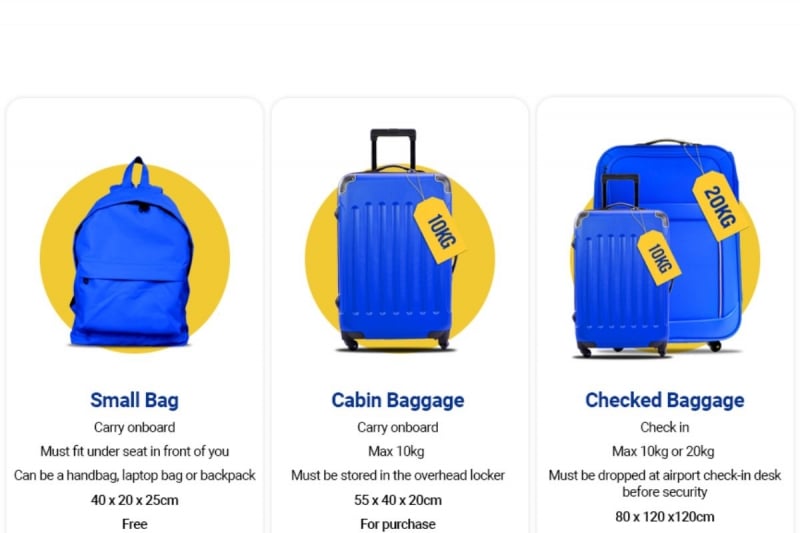
Image Credit: Ryanair Help Centre Official Website
A spokesperson from Airlines for Europe described the rule as “removing choice,” suggesting it limits passengers’ ability to customise what they pay for. Critics say it may shift costs to base fares, reducing flexibility for those who travel light.
What else is changing for passengers
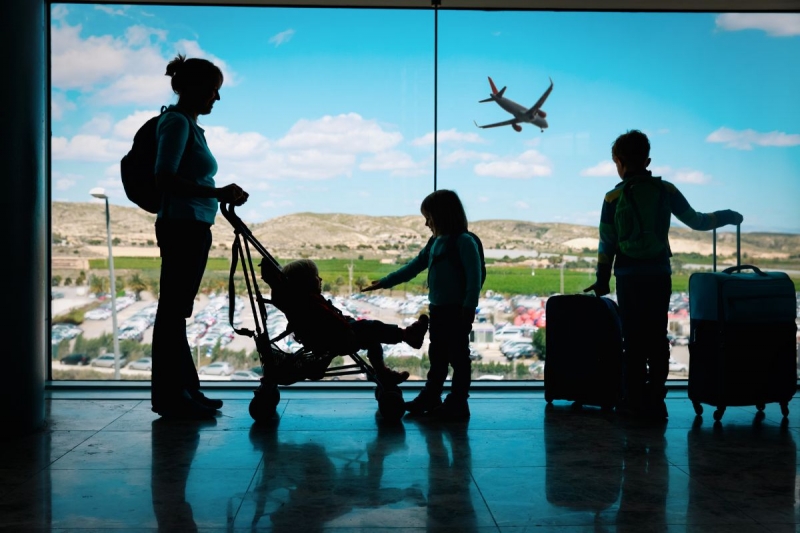
Image Credit: Nadezhda1906 via Canva Pro
This hand-carry policy is just one part of a larger proposal to strengthen passenger rights in the EU. Other key changes include:
-
Children under 12 must be seated next to their accompanying adult at no extra charge
-
Carers for passengers with reduced mobility will be allowed to travel for free
-
If mobility equipment is damaged or lost, airlines will be required to provide compensation
-
Clearer rules for refunds and delays — intermediaries must process reimbursements within 14 days, or the airline will have to do so within 7 days
-
A new EU-wide compensation form will simplify the claims process, especially for delays and cancellations
Also read: Airplane Travel Side Effects: What Happens to Your Body at 30,000 Feet
When will this take effect
The proposal has passed the EU Parliament’s Transport Committee, but still needs full parliamentary approval and final negotiation with EU member states. No official start date has been announced yet, but it is likely to take effect sometime in 2026, possibly with phased implementation.
What this means for travellers
For travellers, this ruling could make flying in Europe a lot less stressful. It means no more second-guessing whether your hand-carry bag will be allowed on board or worrying about last-minute fees at the gate. The price you see when booking a flight will come much closer to the price you actually pay, making it easier to compare flights and plan your budget.
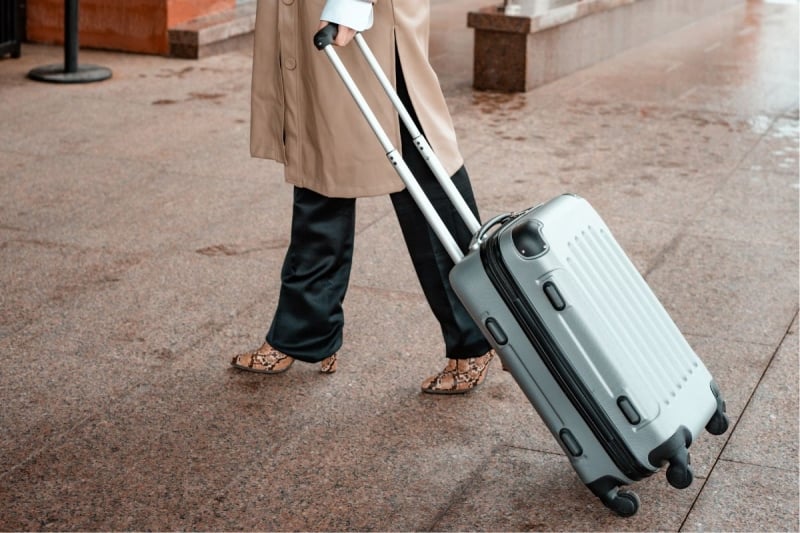
Image Credit: Mikhail Nilov via Canva Pro
It also levels the playing field for different types of travellers. Parents with young children will no longer need to pay extra just to sit together. Travellers with reduced mobility can feel more supported, with their carers travelling free and added protections in case of equipment damage.
Some airlines may respond by raising base fares slightly to make up for lost revenue, but at least the costs will be upfront and transparent. For most people, that trade-off feels fairer than the current system of low headline fares with hidden baggage fees tacked on later.
If the ruling is passed into law and fully enforced, it could reshape the way low-cost travel works in Europe. And while the changes may take time to roll out, they point towards a more honest and user-friendly future for air travel.
Also read: Can You Switch Plane Seats Mid-Flight?
Final thoughts

Image Credit: kotijelly via Canva Pro
For travellers, this vote is a step in the right direction. It reduces hidden fees and brings clarity to what should be a basic right: bringing your belongings with you on board without paying extra.
Whether or not airlines respond by raising fares, the change puts power back in the hands of passengers. And in an era where transparency often takes a backseat to profit, that alone is something worth cheering for.




